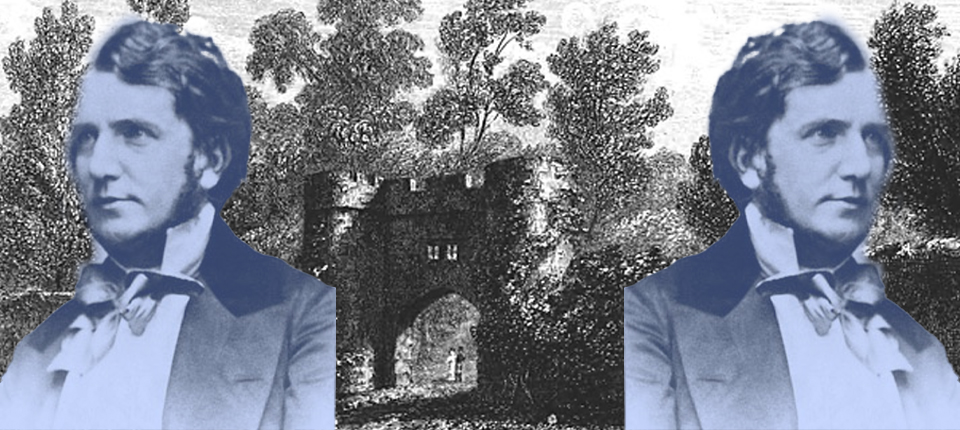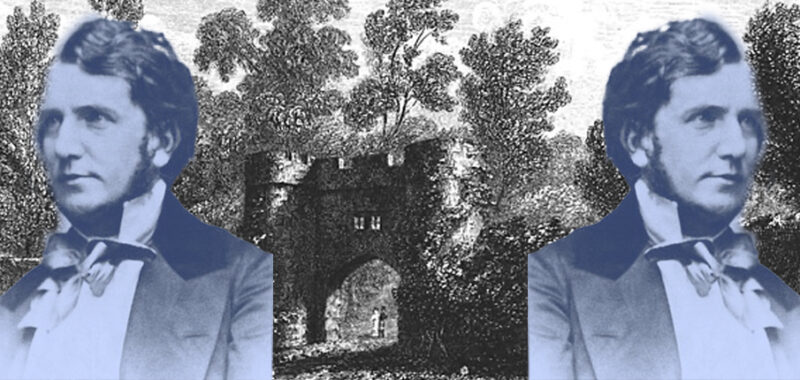The Best of the Literary Internet, Every Day

TODAY: In 1814, Sheridan Le Fanu is born.
- Hannah Silva examines the (not so) shocking similarities between quantum physics and queer dating. | Lit Hub Memoir
- August brought some great book covers, and a lot of them were slippery. | Lit Hub Design
- “I had been writing my diaries on the notepad app of my phone, when it went the way of so many things in this war—patience, hope, dreams for the future—and broke.” Read Nahil Mohana’s diary entries on staying alive during the genocide in Palestine. | Lit Hub Politics
- “In the Red Dead Redemption games, the West wasn’t won—it was robbed, deceived, and cheated.” Tore C. Olsson on what Red Dead Redemption II reveals about the American West. | Lit Hub Technology
- T.D. Allman on medieval spiritual corruption and bloody religious warfare in Southern France: “The papal massacre in France Profound…set Europe on the road that would lead from Beziers to Auschwitz.” | Lit Hub History
- “I used to tell people my mother gave birth to a thousand books and one girl.” Read from Abi Daré’s new novel, And So I Roar. | Lit Hub Fiction
- “Your letter took long to come, and arrived only just before your lovely card.” Read correspondence between Shirley Hazzard and Donald Keene. | The Paris Review
- Małgorzata Gorczyńska considers the differences between Eastern European and Western ways of reading literature and the world. | Words Without Borders
- “The concern with inequality is like a stepping stone to a higher perspective, which means welcoming these histories of inequality for helping readers move beyond their own terms.” Samuel Moyn on recent books about the surprising origins and politics of inequality. | The Nation
- “Yet there’s a theory behind the assignment of Middlemarch to sophomores: it’s that knowledge acquired too early gets stored away.” Examining the difference between educability and intelligence (and why the former is important). | The New Yorker
- Has old timey animalcore replaced blobcore as the book cover art trend du jour? | Defector
- “I began to wonder how likely it was that anyone could successfully carry out an operation such as this one: to create and sell—in the millions!—a mind-control Bible.” Sheila Heti dives into the origins of A Course in Miracles. | Harper’s
Article continues after advertisement

